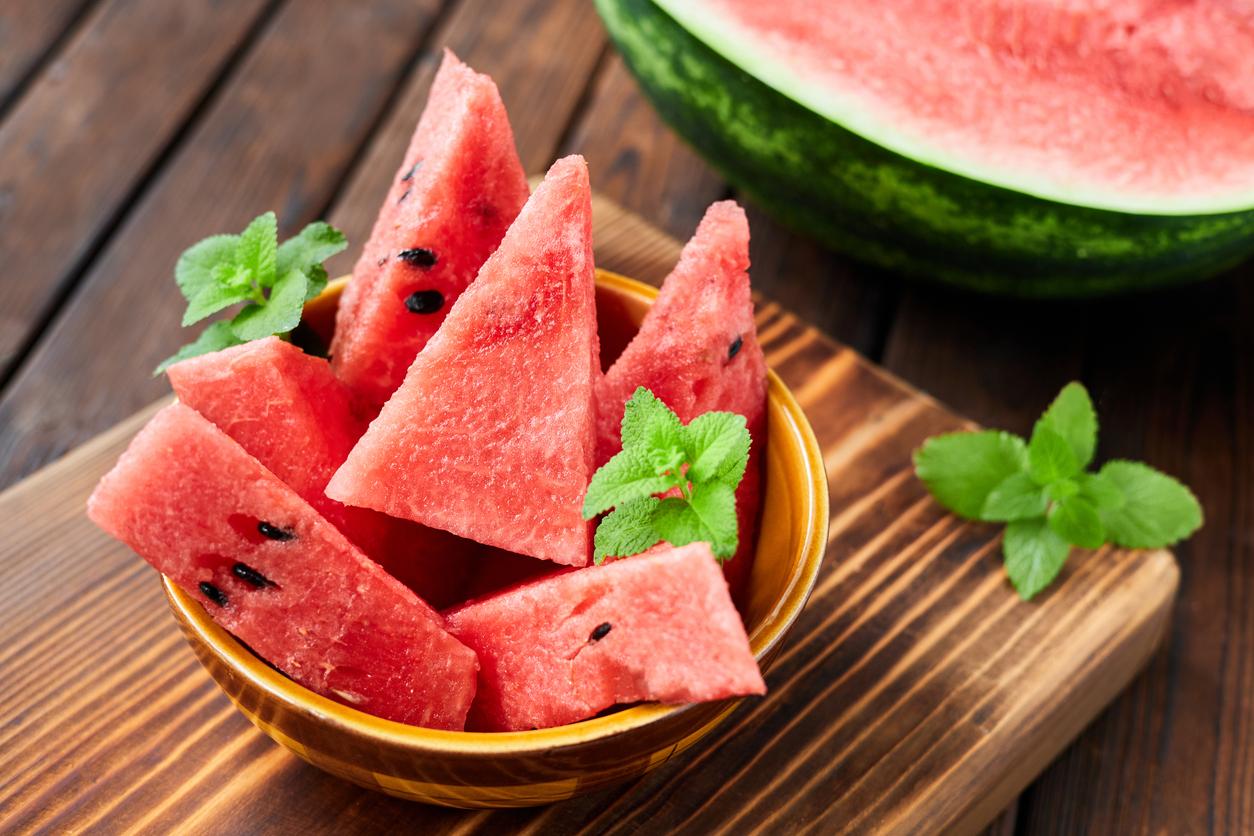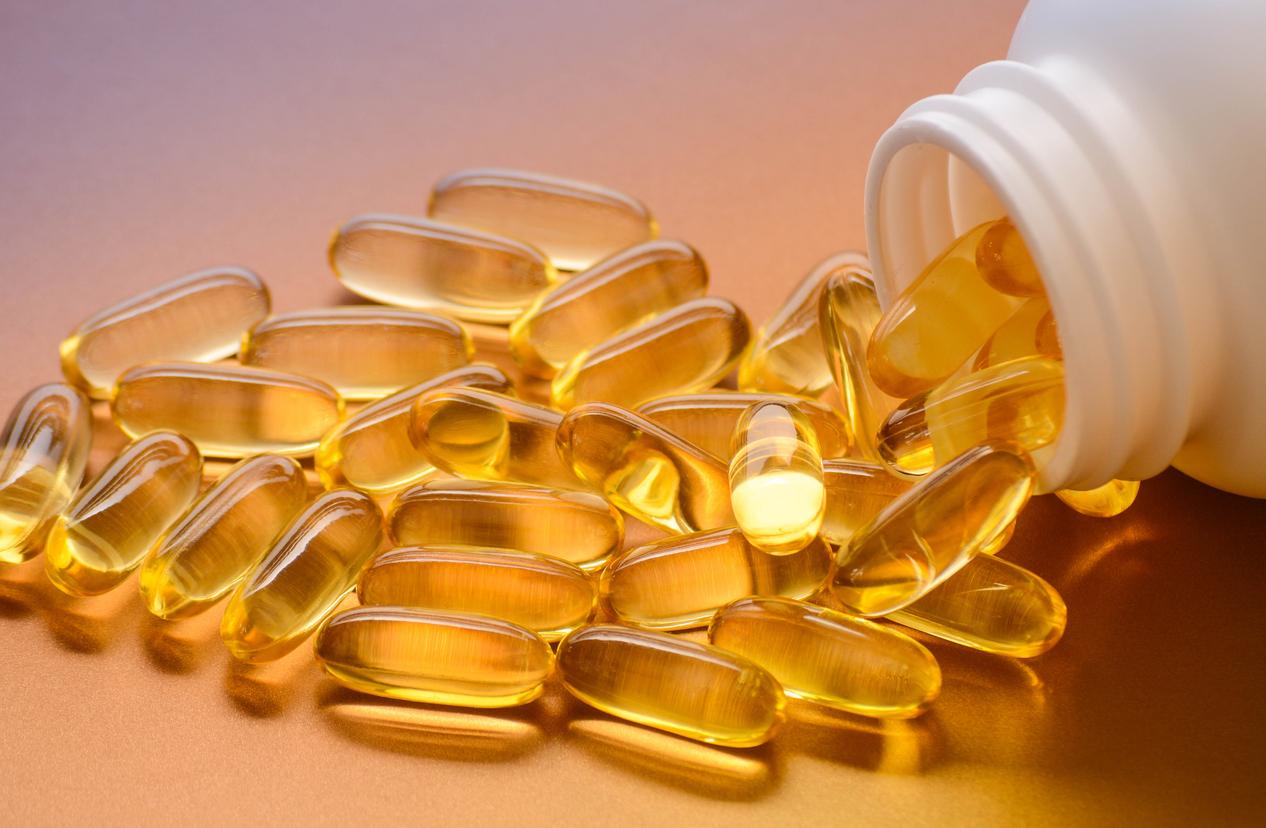In people with chronic kidney disease, eating too much watermelon can lead to hyperkalemia.

- Eating too much watermelon can lead to the development of severe hyperkalemia in people with kidney disease.
- Hyperkalemia does not always result in obvious symptoms and can have serious consequences.
- Two patients thus presented heart problems attributed to excess potassium.
For some of us, starting to eat watermelon again is a sweet rite of passage into the summer months, but for people with chronic kidney disease, excessive consumption of this fruit can prove dangerous.
This is what happened to three patients, whose journey was detailed in a new case study.
Watermelon is full of vitamins and minerals, the most important of which is potassium. A single watermelon wedge contains 320 milligrams of potassium, or about 12 percent of the recommended daily intake for women and about 9 percent for men.
Potassium is used by our nerves to transmit signals, to maintain normal fluid levels outside our cells, and to control blood pressure.
Under normal circumstances, excess potassium not used in these processes is removed by the kidneys and released into the urine. However, in people with chronic kidney disease, the kidneys are not as effective at filtering potassium.
Watermelon and heart problems: what is hyperkalemia?
In all three patients in the case study cited above, consuming too much watermelon resulted in the development of severe hyperkalemia, a condition in which there is too much potassium in the blood.
Following a significant consumption of watermelon, individuals had between 6.6 and 7.4 millimoles per liter of potassium in the blood, while the normal range is between 3.5 and 5 mmol/L.
Hyperkalemia does not always result in obvious symptoms and can have serious consequences.
Two patients thus presented serious heart problems attributed to excess potassium, their heart rate having slowed dangerously.
Other symptoms may include muscle weakness, tingling sensations, nausea, shortness of breath and chest pain.
Watermelon and heart problems: how to treat hyperkalemia?
Fortunately, hyperkalemia can be treated. In the case study, the immediate treatment offered to the patients consisted of medication, and they were also recommended to reduce their consumption of watermelon.
A follow-up a few months later revealed that all the patients had followed this recommendation and that, as a result, their potassium levels had returned to normal, as had their health.
















